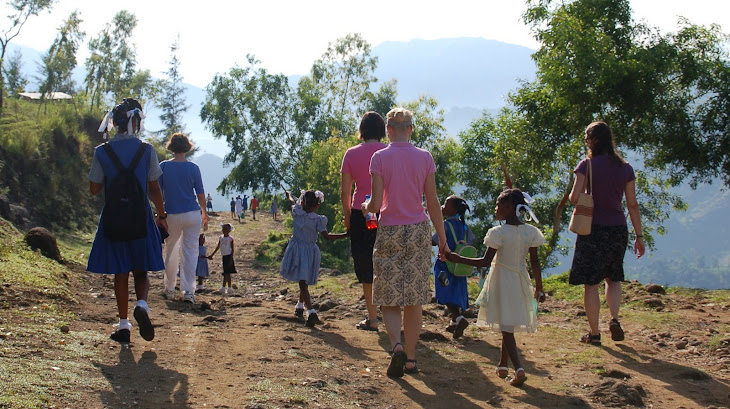I’ve spent time in places with great economic disparity. In Haiti, I’ve been approached by children with bloated bellies begging on the streets of Port-au-Prince, only moments after arriving on a flight with Haitians who had traveled to Miami to go shopping for the day.
In South Africa, I stayed in a nice home in a gated neighborhood while only a half-mile away, people huddled in blankets on the open veld in the bitter cold.
In Indianapolis, I serve a church where you never know who will walk through the door -- a multimillionaire in business attire or a gentleman who sleeps in the park and uses the church shower to clean up for the day.
But India rattled me again with its economic gap. In a season where most of the world is struggling economically, India’s economy increased nine-fold in the past year, mostly due to technology, call centers, and software development. While that boom has offered incredible technological advances, it hasn’t transformed Indian lives in the ways the world had hoped. The United Nations reports that more Indians now have cell phones than toilets. There were 670 million cell phone connections in India at the end of the summer, but only 366 million Indians have access to a private toilet or latrine.
While we did not spend time in the slums of Mumbai or Calcutta, we saw plenty of tenement housing in Amdavad and rural poverty along the gut-churning mountain roads of Kerala. The ragged streets of major cities are piled high with trash and reek of a nauseous combination of raw sewage, rotting food, exhaust, and curry. These poor conditions permeate the Indian landscape because development and infrastructure are impeded by government corruption and internal security threats from a Maoist insurgency.
In the midst of this struggle, we met faithful people striving to bridge the economic gap. The Swaminarayan Hindu women at the BAPS temple in Amdavad work diligently on empowerment issues and have donated time and money to rebuild areas of the country afflicted by natural disasters like earthquakes and flooding. In Kerala, the Anglican archbishop heads a church where 30 percent of the members are former dalits (Untouchables). Even though the caste system was allegedly overturned in the 1950s, the dalits still struggle to meet their basic needs. The Anglican church reaches out to these precious children of God through education, job training, and employment assistance.
If you’ve ever ridden the London Tube, you’ll notice a lovely British voice telling you to “mind the gap” as you step on the train. That’s what I believe these Hindu women and Anglicans are inviting us to do -- to mind the gap between us, whether in India or our own neck of the woods. As we gather throughout the next few days to feast and give thanks, I hope we'll remember that gap and be inspired to a greater generosity, a deeper passion for justice, and a longing to see the world flushed with compassion -- one toilet at a time.









Wonderful post, and such a good reminder for all of us this Thanksgiving season!
ReplyDelete